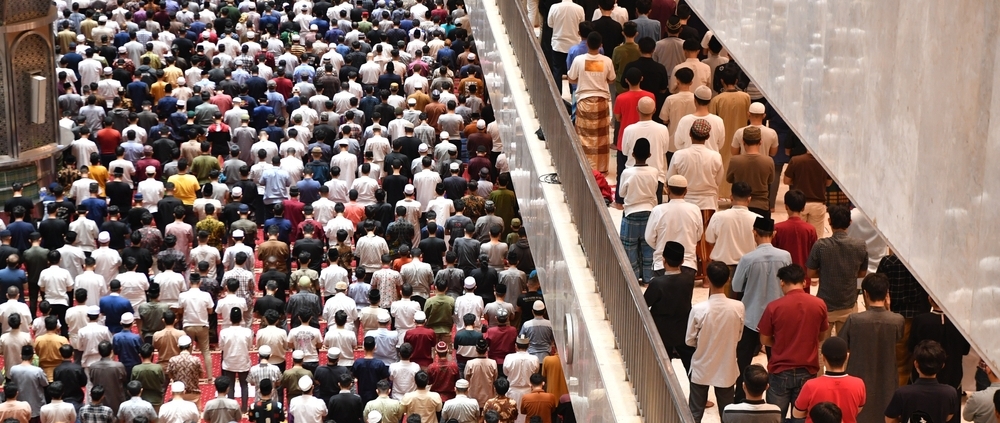Is it Obligatory to Specify the Deceased’s Gender When Formulating The Intention for The Funeral Prayer?
Answered by Shaykh Irshaad Sedick
Question
Is it obligatory for me to specify the gender of the deceased when formulating the intention for the prayer, especially in Masjid al-Haram, where I may not be aware of whether the deceased is male or female?
Answer
In the Name of Allah, the Most Merciful and Compassionate. May Allah alleviate our difficulties and guide us to what pleases Him. Amin.
It is not obligatory to specify the gender of the deceased for the funeral prayer, and Allah knows best. [‘Amudi, ‘Umda al-Talibin; Hammadi, Fath al-Wahhab al-Malik]
Intention for the Funeral Prayer
In the funeral prayer, one must intend to perform the prayer. One must have acute consciousness of its obligatory character, though one need not explicitly intend it as a communal obligation (fard kifaya). [Keller, Reliance of the Traveller]
Minimum Intention Requirements
One may confine oneself to merely intending to pray four Takbirs (Allahu Akbar) over the deceased person as an obligatory act without intending it to be in fulfillment of a communal obligation. [ibid.]
Minimum Identity Specification
One need not specify the names or genders of the deceased persons, and one does not need to know the deceased. Intending with the slightest level of specification suffices. Such as, to pray “over this deceased,” “the deceased Muslims present”, or “upon those the Imam is praying over.” [‘Amudi, ‘Umda al-Talibin; Hammadi, Fath al-Wahhab al-Malik]
When Should the Intention Take Place?
The intention must coincide with one’s opening Allahu Akbar. It is valid for someone to perform the funeral prayer for a deceased who is absent while following an imam who is praying over a dead person who is present. [Misri, ‘Umdat al-Salik]
I pray this is of benefit and that Allah guides us all.
[Shaykh] Irshaad Sedick
Checked and Approved by Shaykh Faraz Rabbani
Shaykh Irshaad Sedick was raised in South Africa in a traditional Muslim family. He graduated from Dar al-Ulum al-Arabiyyah al-Islamiyyah in Strand, Western Cape, under the guidance of the late world-renowned scholar Shaykh Taha Karaan.
Shaykh Irshaad received Ijaza from many luminaries of the Islamic world, including Shaykh Taha Karaan, Mawlana Yusuf Karaan, and Mawlana Abdul Hafeez Makki, among others.
He is the author of the text “The Musnad of Ahmad ibn Hanbal: A Hujjah or not?” He has served as the Director of the Discover Islam Centre and Al Jeem Foundation. For the last five years till present, he has served as the Khatib of Masjid Ar-Rashideen, Mowbray, Cape Town.
Shaykh Irshaad has thirteen years of teaching experience at some of the leading Islamic institutes in Cape Town). He is currently building an Islamic online learning and media platform called ‘Isnad Academy’ and has completed his Master’s degree in the study of Islam at the University of Johannesburg. He has a keen interest in healthy living and fitness.
